US President Donald Trump has threatened to send troops "guns-a-blazing" into Nigeria if the country's government fails to prevent the persecution of Christians, a move that has sparked widespread concern and criticism from international leaders and experts.
According to sources, Trump made the statement during a meeting with his national security team, in which he expressed frustration with Nigeria's handling of the situation. The US president has long been a vocal advocate for Christian rights and has frequently criticized the Nigerian government for its perceived failure to protect its Christian minority.
Nigerian officials have been quick to respond to Trump's comments, with Foreign Minister Geoffrey Onyeama calling them "unhelpful" and "misinformed." Onyeama emphasized that Nigeria's government is committed to protecting all its citizens, regardless of their faith, and that the country is working to address the root causes of the persecution.
International leaders have also weighed in on the issue, with the United Nations Secretary-General António Guterres urging caution and calling for a peaceful resolution to the conflict. "We must avoid any actions that could exacerbate the situation or lead to further violence," Guterres said in a statement.
The situation in Nigeria is complex and deeply rooted in the country's history and culture. The Nigerian government has long struggled to balance the competing interests of its diverse population, which is comprised of over 250 ethnic groups and more than 500 languages. The persecution of Christians is a long-standing issue in the country, with many communities facing violence and intimidation from extremist groups.
Experts say that Trump's comments are likely to have little impact on the situation on the ground in Nigeria, where the government is already working to address the root causes of the persecution. "The Nigerian government is aware of the international community's concerns and is taking steps to address them," said Dr. Adebayo Ademola, a leading expert on Nigerian politics. "What we need is a sustained and coordinated effort to support the government in its efforts to protect all its citizens."
The US has a long history of involvement in Nigeria, dating back to the 1960s when the country was a major recipient of US aid. However, relations between the two countries have been strained in recent years, particularly over issues such as trade and security.
The current situation in Nigeria is likely to remain a major point of contention between the US and Nigeria in the coming weeks and months. The US is expected to continue to pressure the Nigerian government to address the persecution of Christians, while Nigeria is likely to push back against what it sees as US interference in its internal affairs.
As the situation continues to unfold, one thing is clear: the international community will be watching closely to see how the US and Nigeria navigate this complex and sensitive issue.
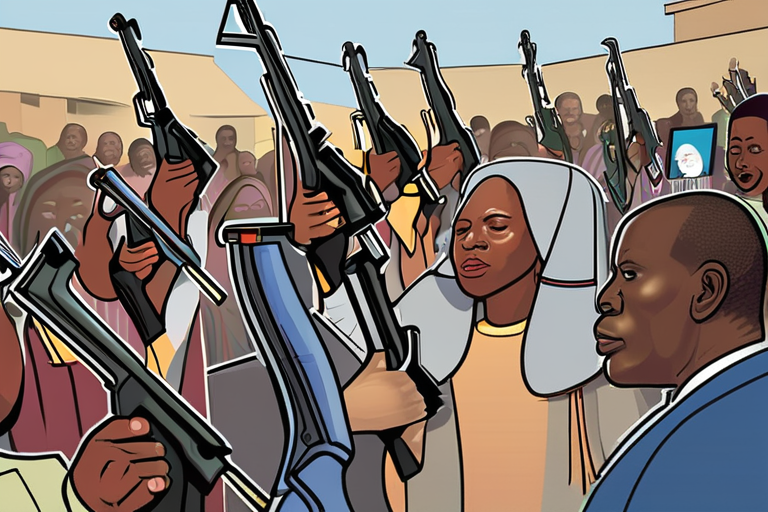



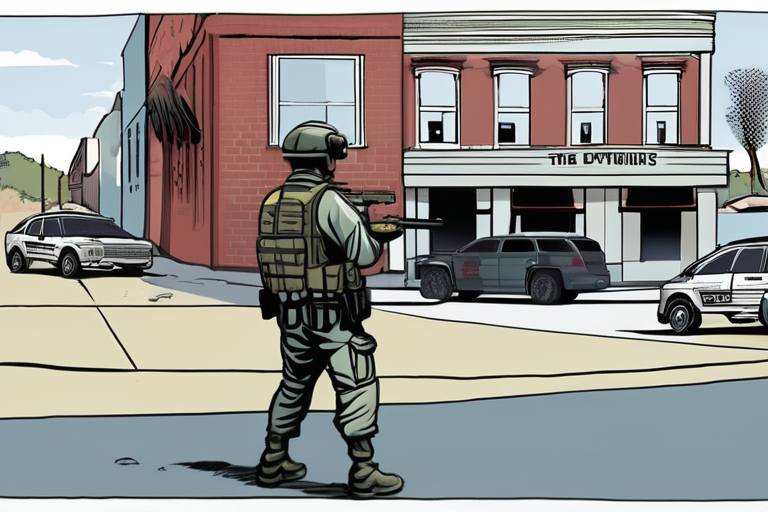
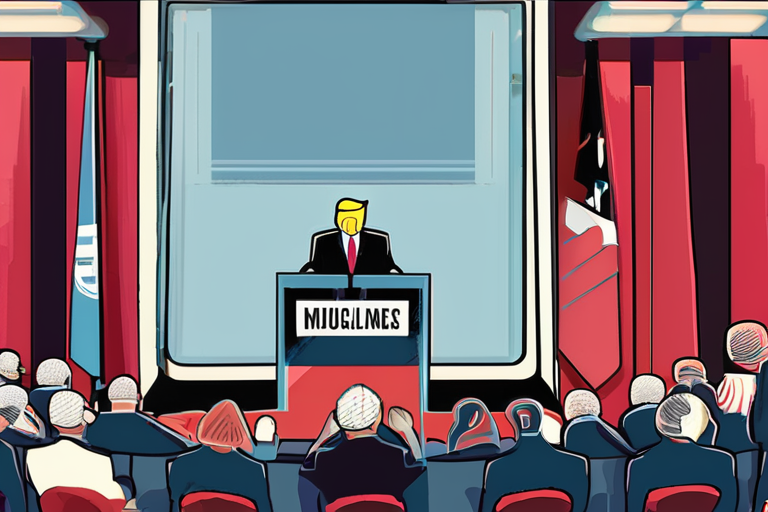
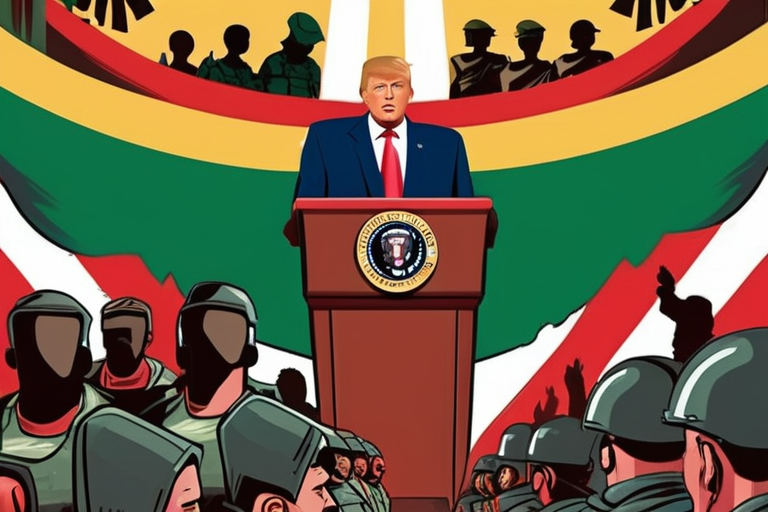
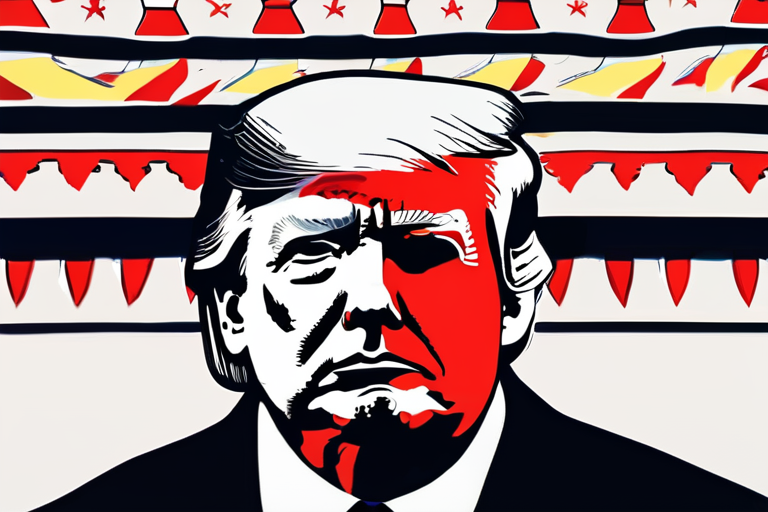
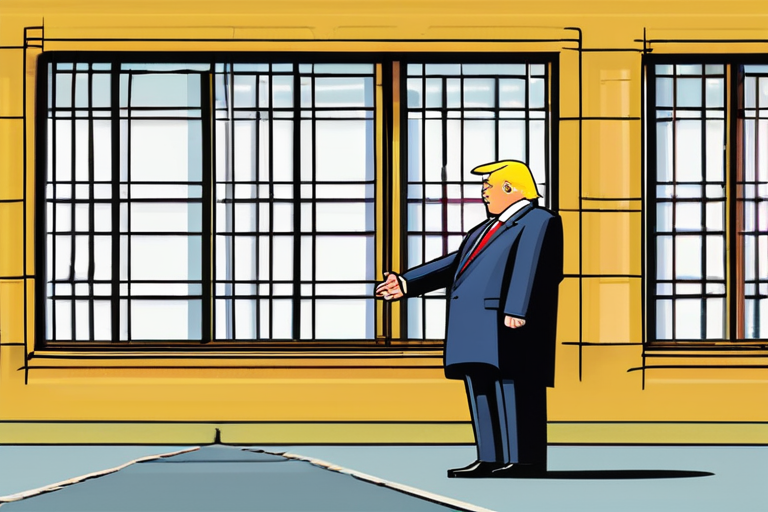
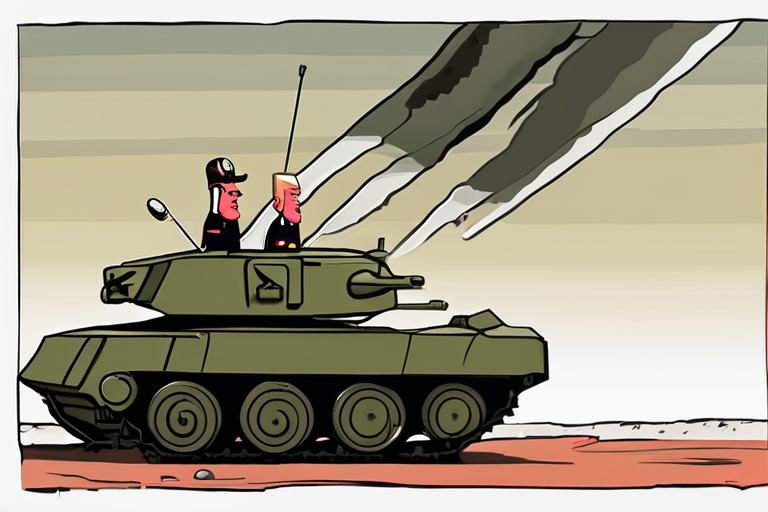
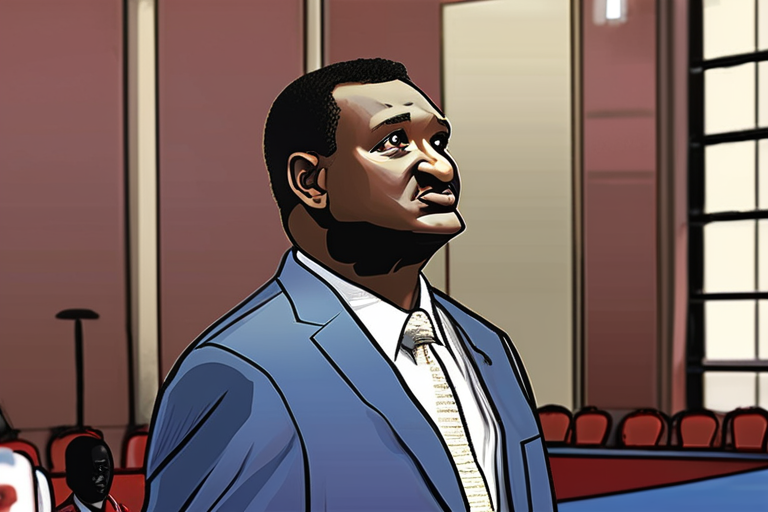
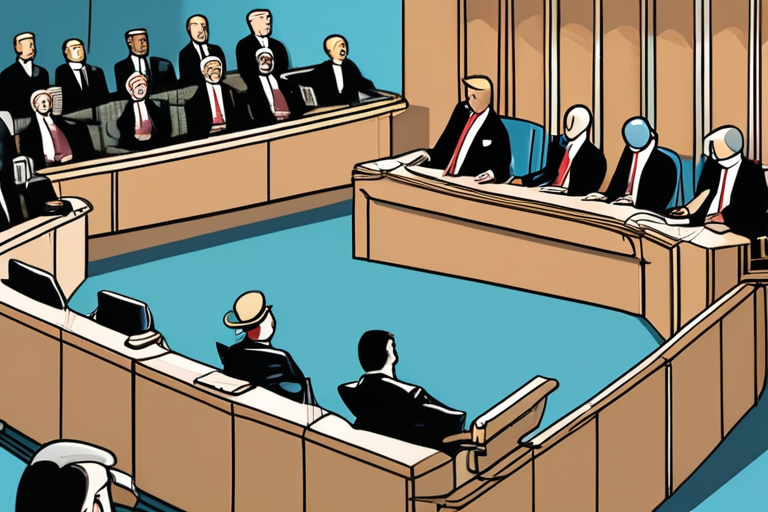
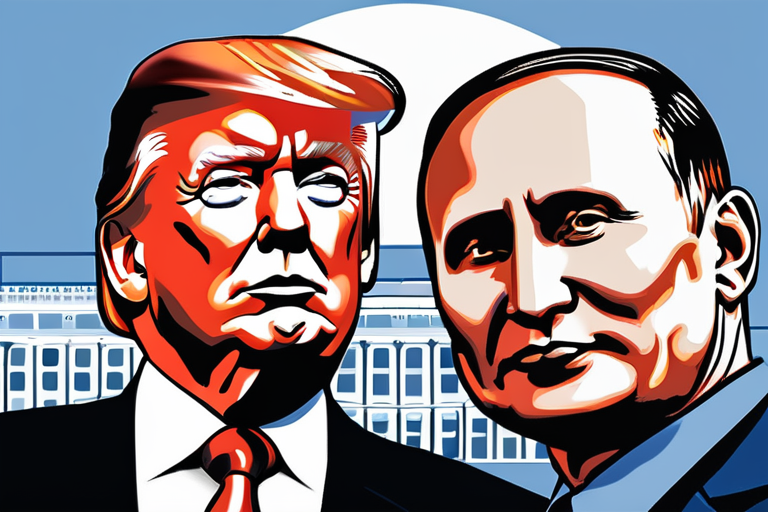
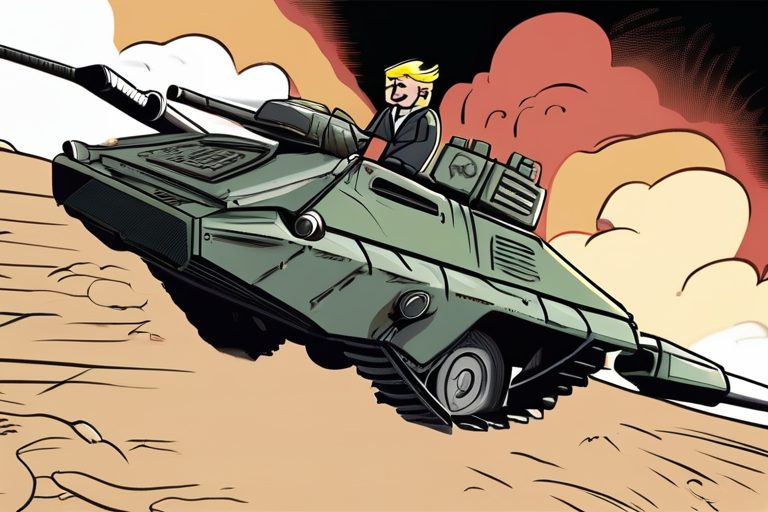
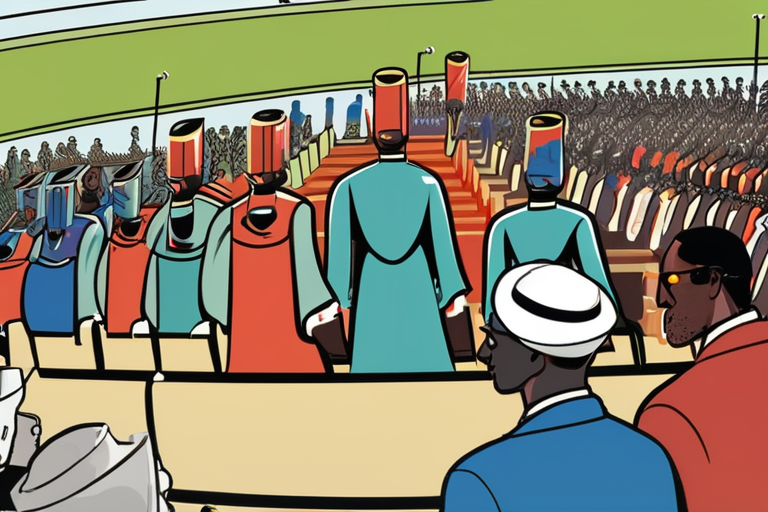
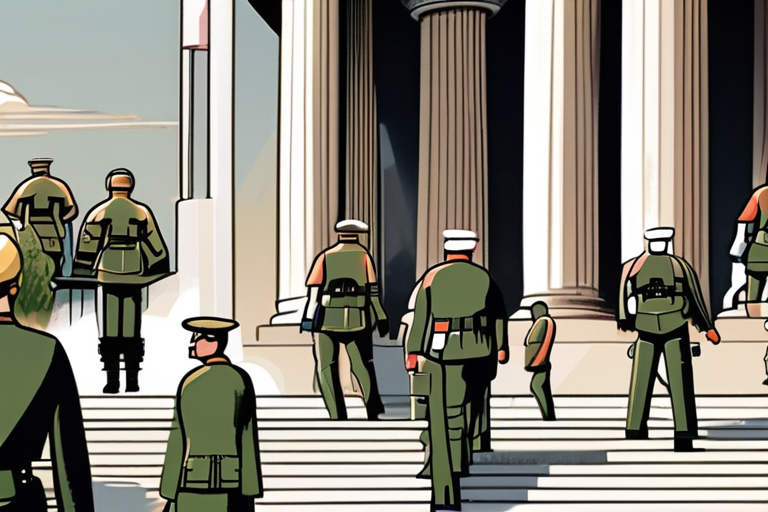
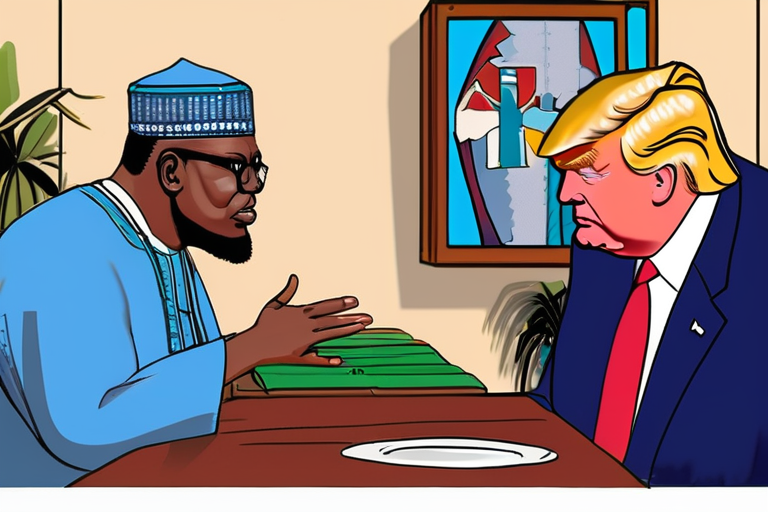
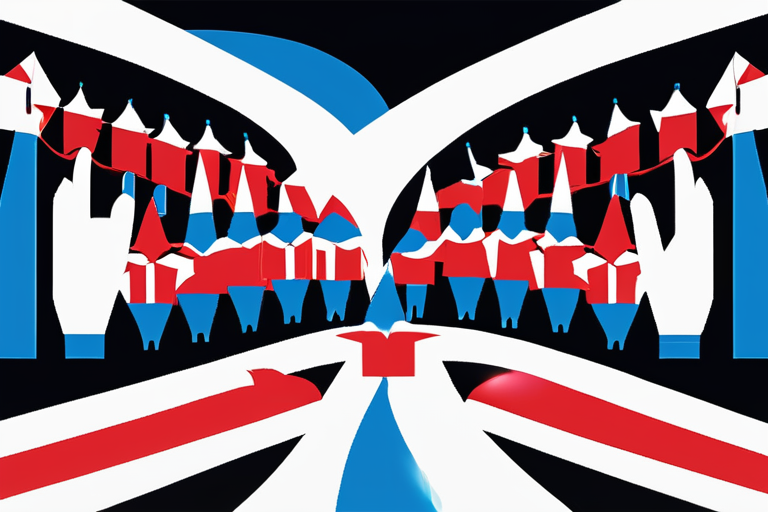
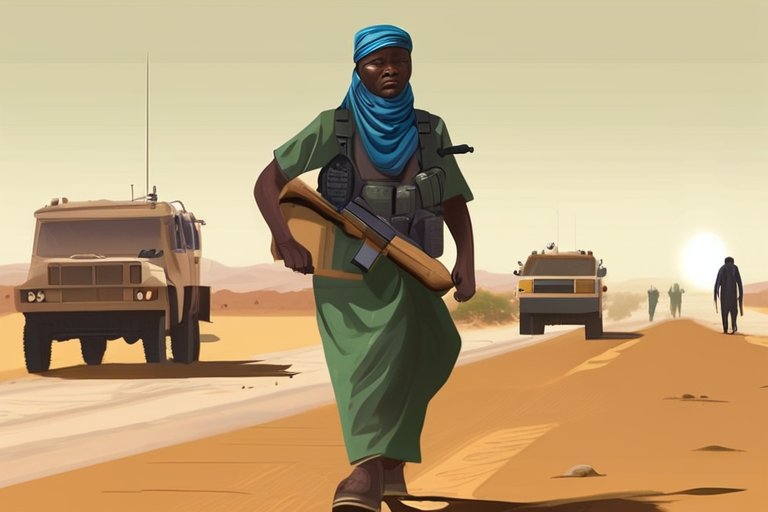
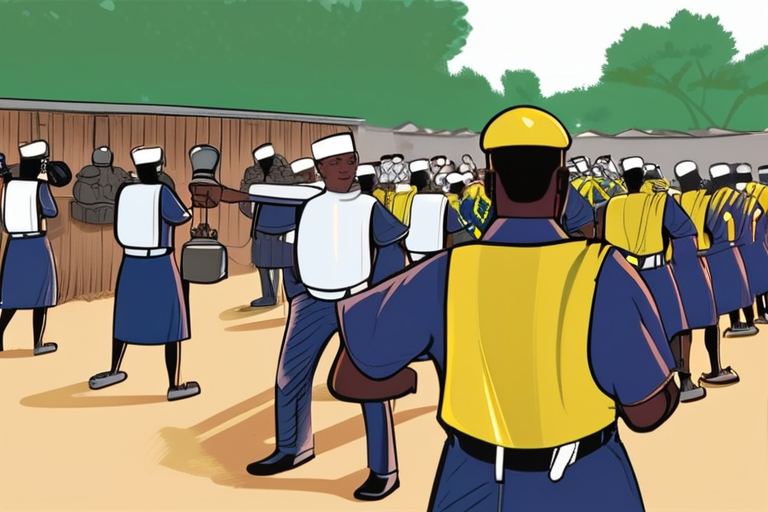
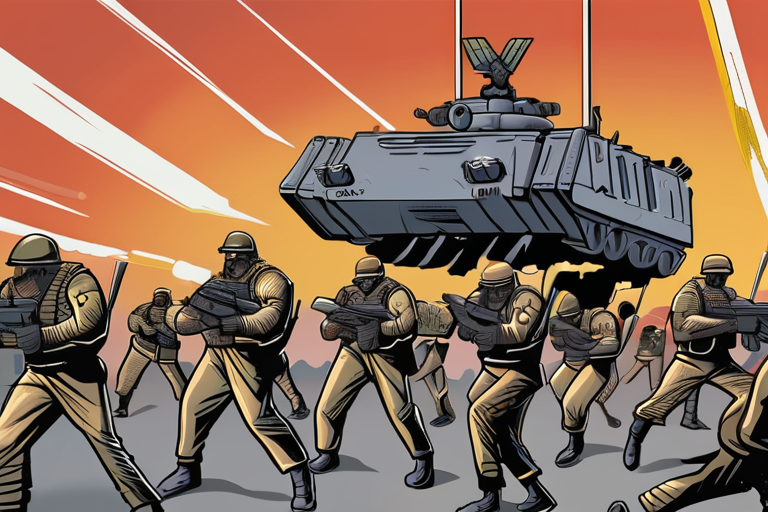
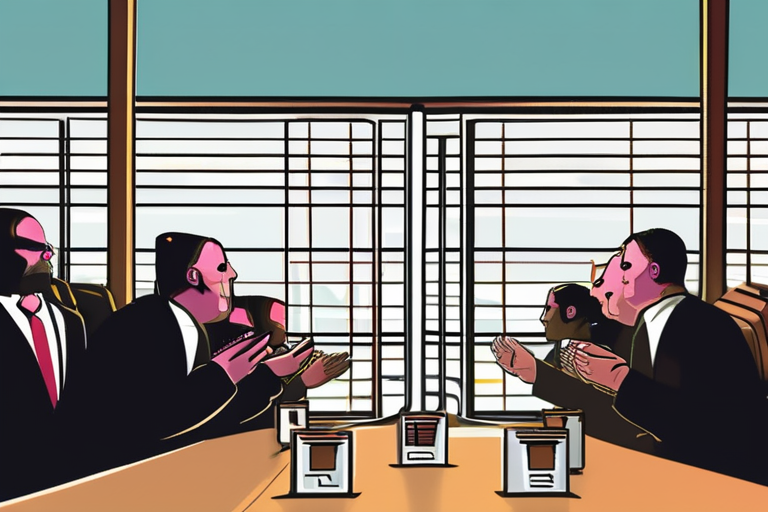
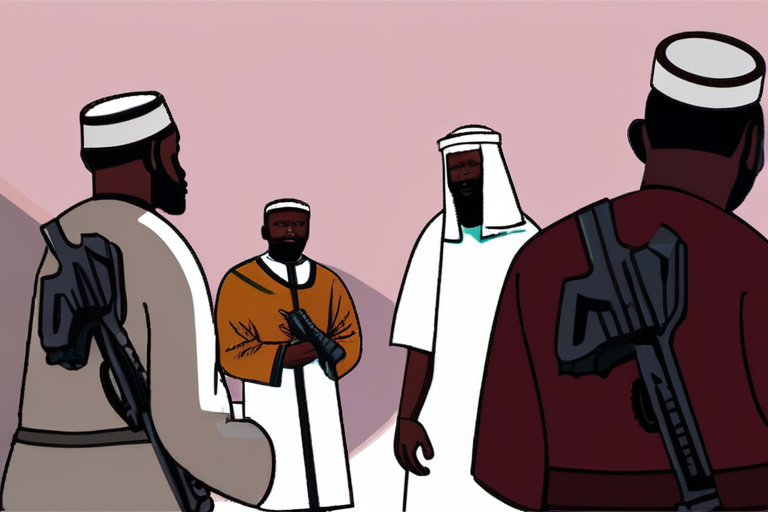
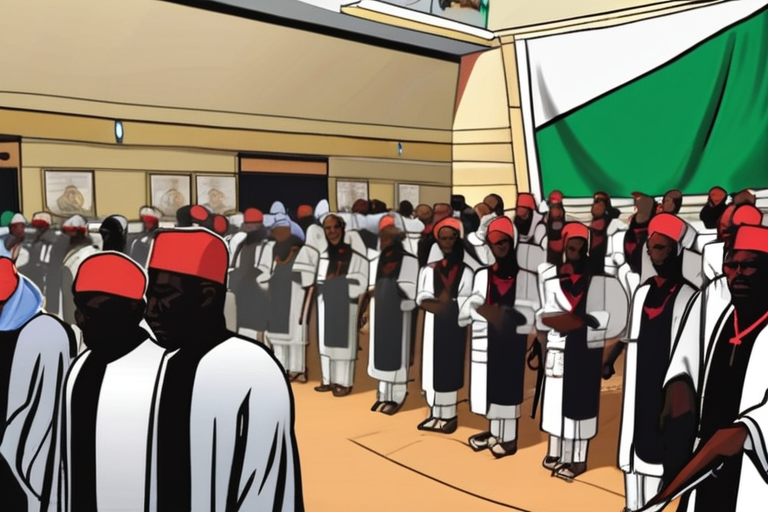

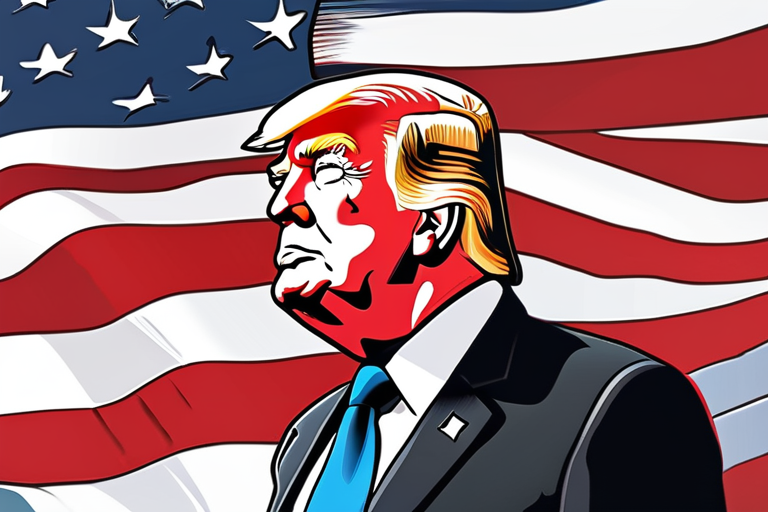
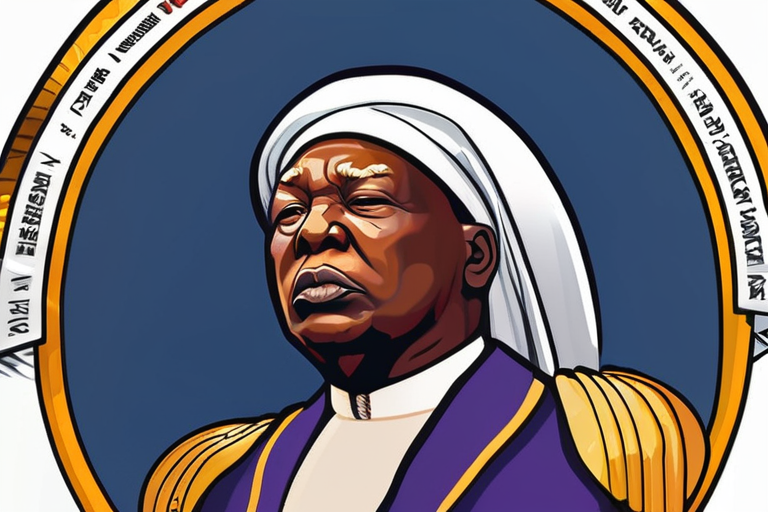
Share & Engage Share
Share this article